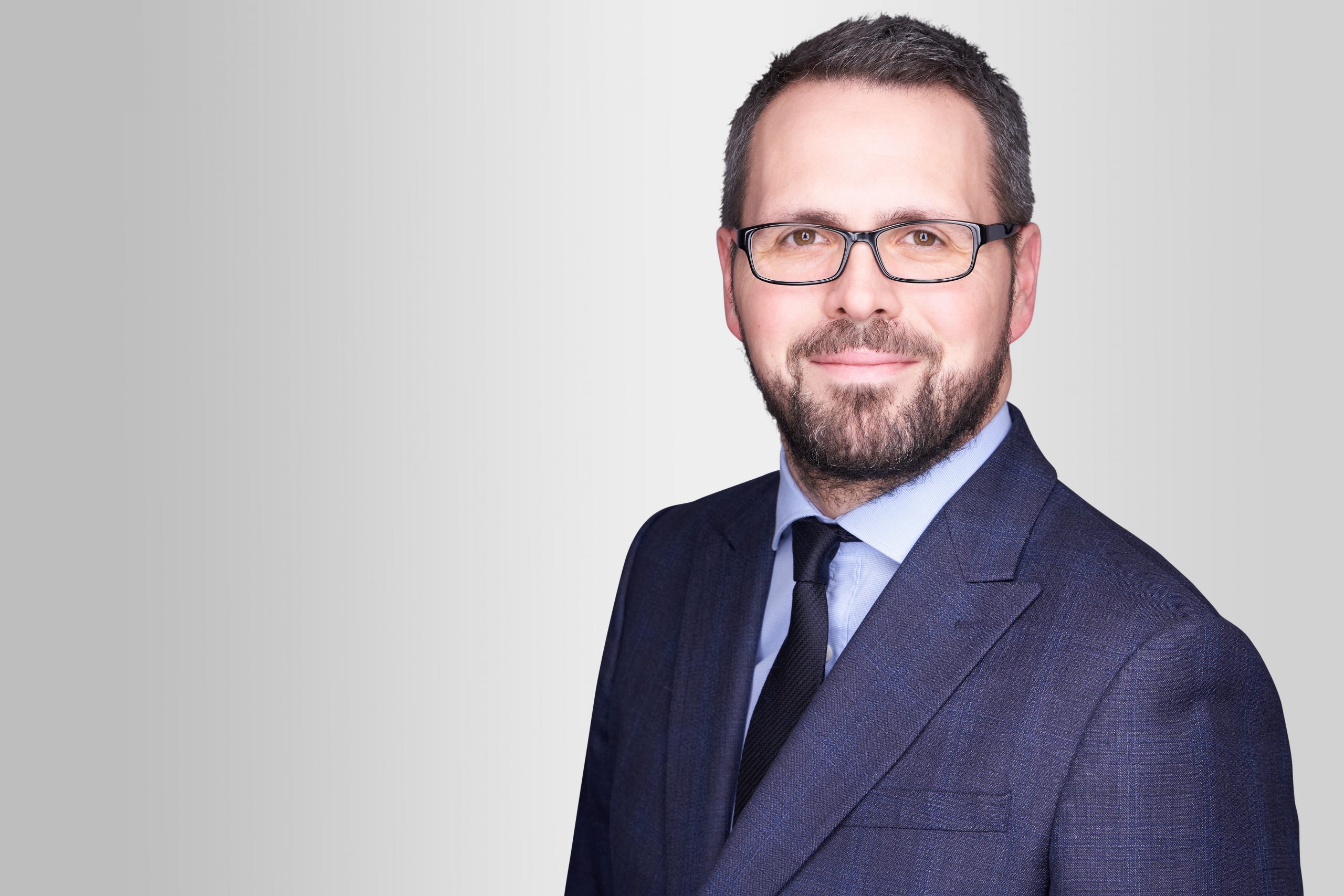Breakthroughs in spinal cord injury research
My role as an injury claims solicitor regularly brings me into contact with clients who have suffered serious spinal injuries as a result of accidents. When the injury involves damage to spinal cord this invariably results in paralysis, the effects of which will be permanent and life- changing.
Over the last 12 months there have been reports of developments in medical research into spinal cord injury which have attracted significant publicity.
In October 2014, BBC’s Panorama programme reported on the story of the Polish fireman, Darek Fidyka. He was paralysed as a result of a brutal assault when he stabbed several times by his partner’s ex. One of the stab wounds severed his spinal cord. He was paralysed from the chest down and no use of his of legs despite intense rehabilitation. He was treated by neuroscientist, Professor Geoff Raisman of University College London Hospital and Dr Tabakow a Neurosurgeon based at the University of Wroclaw.
Professor Raisman had carried out extensive research on rodents showing that it was possible to repair spinal cord injuries using olfactory ensheathing cells which are cells which form part of the sense of smell. These cells are the only part of the nervous system which is capable of renewal.
Mr Fidkya’s olfactory bulb was removed and cells were cultured. Dr Tabakow then carried two complex operations. The first involved making several micro-injections of the cultured cells into the damaged areas of the spinal cord. The second operation involved placing strips of nerve tissue across the gap in the spinal cord. Within 3 months Mr Fidyka was regaining muscle tone in his legs. When Panorama reported last year it was shown that Mr Fidkya had regained sufficient movement in his legs to walk outside with a frame. He had also regained some bladder and sexual function.
A further breakthrough in spinal cord injury was publicised last month. An unnamed 26 year old man had walked again 5 years after suffering a serious spinal cord injury. He is being treated in the US by Dr An Do at the University of California.
The research conducted Dr An Do is vastly different than Professor Raisman. Dr An Do’s research does not look at repairing the spinal cord. It is based on bypassing the spinal cord by rerouting signals from the patient’s brain directly to his legs. The signals are sent using electrodes that pick up brain waves and beam them wirelessly to a computer, which decipher the waves as an intention to stand still or walk. The cap allows the brain to send signals which bypass the damaged areas of the spinal cord and reach the healthy muscles which control walking.
Dr An Do’s patient had to undertake a gruelling training routine to build up muscle tone and bulk in his legs before he could use the cap. He then progressed to undertaking walking movements whilst being suspended above the ground using a harness. Eventually he made enough progress to be able to walk 3.5 meters on the ground.
Dr An Do has confirmed that his team have only tested the this on one patient and therefore it is unclear how useful this development will be others suffering from paralysis. It is thought that if others do benefit from this approach, then it might be possible to use an implant into the brain, rather than a cap, as currently the machinery is cumbersome.
It is clear that progress has been made in the management of what has always been considered a permanent and irreversible injury. It will be interesting to see if others can be helped using these pioneering treatments.
